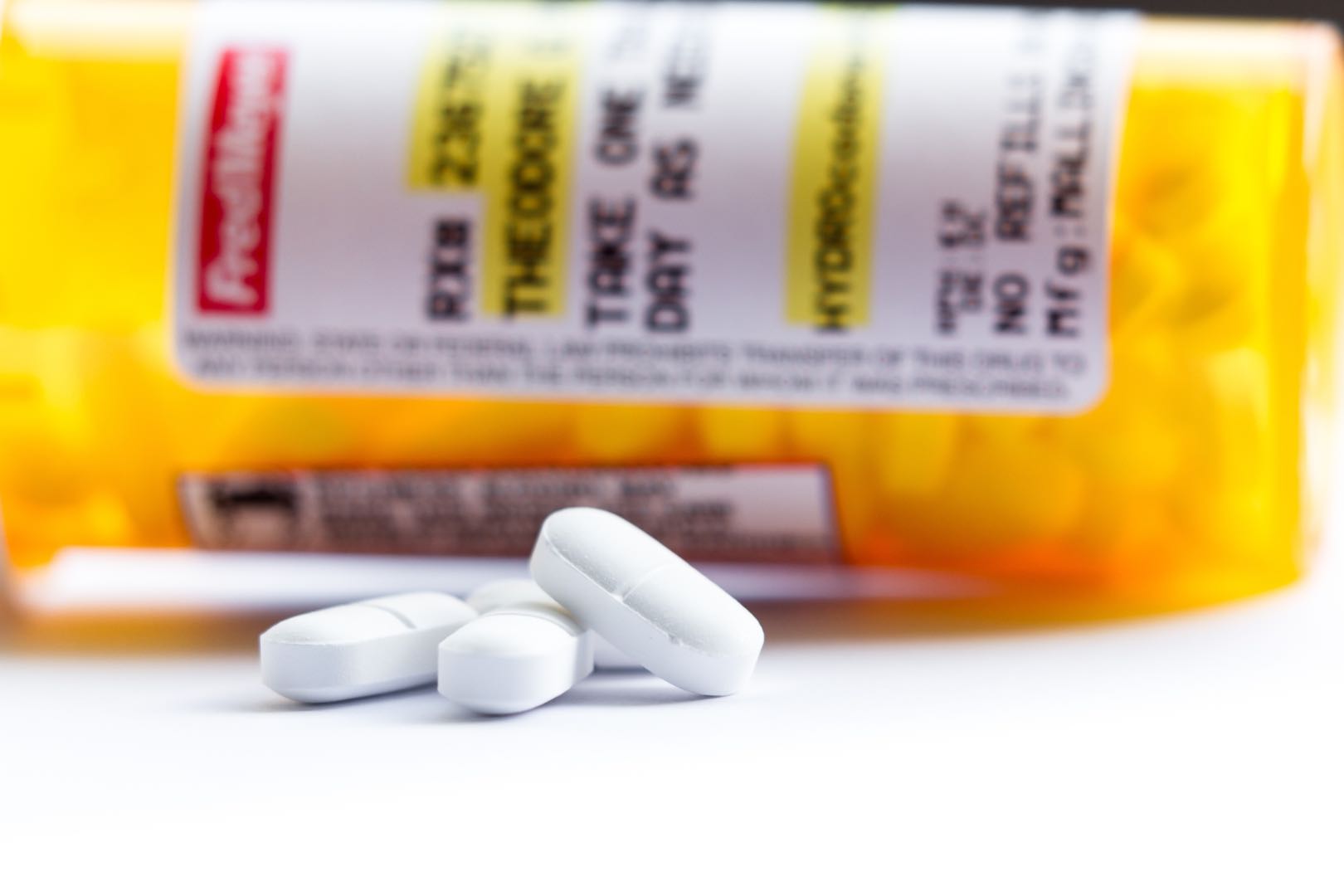Codeine Addiction Treatment
Codeine is an opiate often prescribed for mild to moderate pain relief or as a cough suppressant. For years codeine-based medications were available over the counter, but because of the potential for abuse, it is now available by prescription only.
In the United States, it’s regulated under the Controlled Substances Act, which gives the Drug Enforcement Administration the ability to control it’s availability to the public. Codeine classified as a Schedule II substance when prescribed by itself, or as a Schedule III substance combined with aspirin or Tylenol, or as the main ingredient in prescription-strength cough syrup.
As an opiate, it is naturally derived from the poppy plant, unlike synthetic opioids. Both opioids and opiates have the same effects.

How is Codeine Abused?
Many of those who are prescribed codeine take it as directed and never develop an issue, but some can develop a tolerance over time, and abuse starts. Long-term use or consumption in high doses can change how the brain and central nervous system work, causing a person to become dependent.
This can also occur when someone uses codeine recreationally. How does this happen? When codeine enters the brain, it is turned into morphine and binds to the opioid receptors which are located in the brain’s reward center. This changes the body’s response to pain and coughing.
Effects of Codeine
A high dose or combined with other substances and used recreationally, codeine causes the user to feel a high similar to heroin or other opioids. Some of the side effects of codeine include:
- Euphoria
- Dizziness or feeling drowsy
- Sweating
- Nausea or vomiting
- Stomach pain
- Apathy
- Problems with urination
- Excessive itching
- Extreme mood swings
- Decreased heart rate
- Decreased respiration
- Confusion
- Agitation
- Hallucinations
- Seizures
When combined with alcohol, serious injury or death can occur because both are central nervous system depressants which can cause respiratory failure or death.
Signs and Symptoms of Codeine Abuse
While many start using codeine for legitimate reasons, long term use can lead to dependence. Sometimes a person will turn to stronger opioids after a tolerance has been developed, and the same dosage no longer has the same effects. This had given codeine the reputation as a “gateway opioid.”
Codeine is also sometimes combined with other substances and used recreationally. One such combination is known as purple drank, or sizzurp is made by mixing cough syrup with codeine, soda (usually Sprite or Mountain Dew), and a hard candy like a Jolly Rancher. It has been a subject in pop culture being featured in songs and television shows.
While many think that it’s harmless, it can be very dangerous or fatal. Purple drank has caused the hospitalization and even death of many people under the assumption that it will not harm them. In 2013 rapper Lil Wayne was hospitalized in critical condition after being found unconscious with high levels of codeine in his system.
Codeine Withdrawal
Dependency can develop after using codeine for an extended period, either with a prescription or recreationally. Suddenly stopping the drug can cause the user to experience various withdrawal symptoms. These can include:
- Nausea or vomiting
- Dizziness
- Trouble breathing
- Depression
- Irregular heartbeat
- Stomach pain
- Muscle pain or weakness
- Trouble sleeping
Withdrawal symptoms can occur within hours of taking codeine if tolerance has developed. These symptoms are:
- Aggression or irritability
- Flu-like body aches
- Sweating
- Watery eyes or runny nose
Some symptoms can last for up to a month, and for this reason, medically supervised treatment should always be sought out.
Seeking Help
It’s never the wrong time to seek help for an addiction. Codeine abuse can be serious and lead to abuse of stronger, deadlier opioids. If you or someone you love is struggling with a substance abuse disorder, don’t wait another moment to get the help that you need. Call us at DayBreak Treatment Solutions today and start your journey on the road to recovery.
